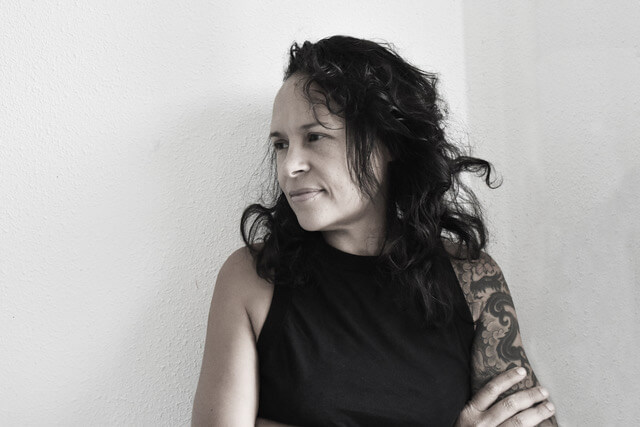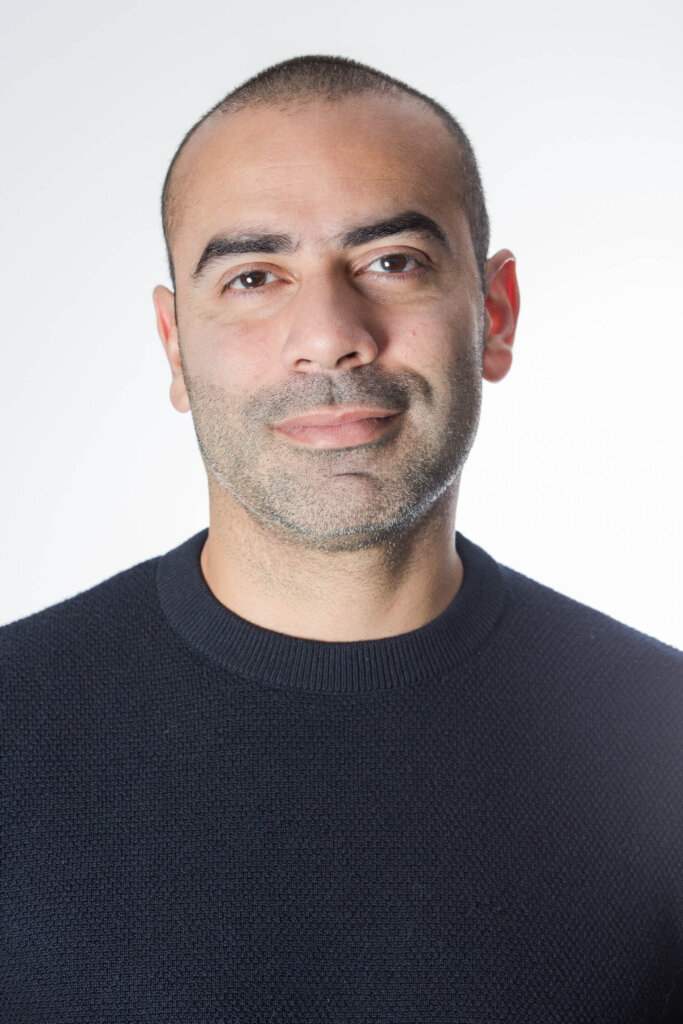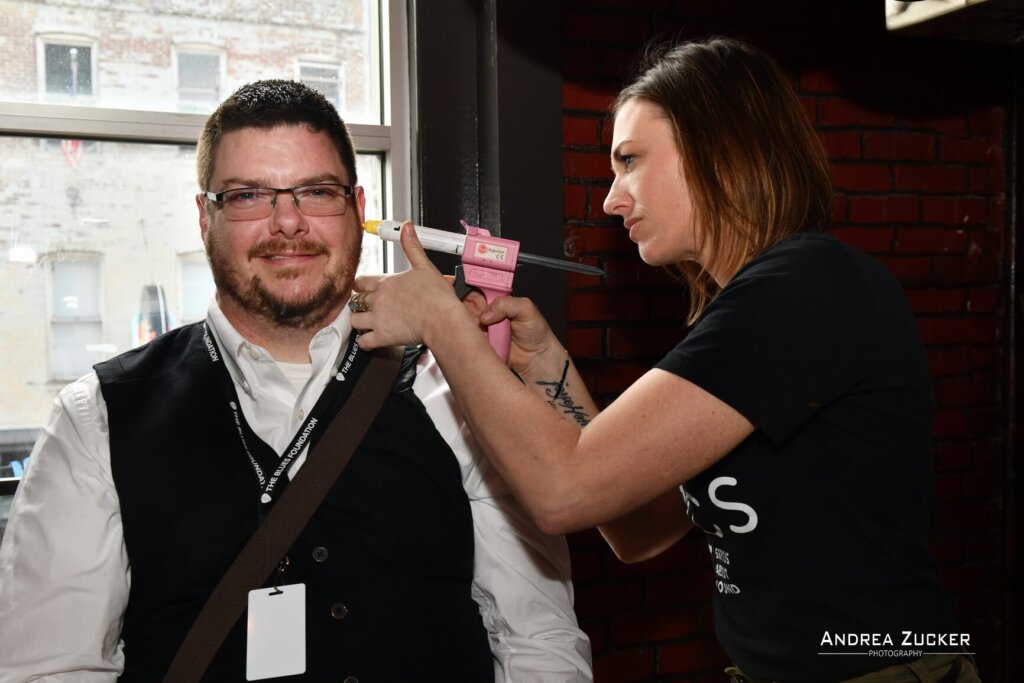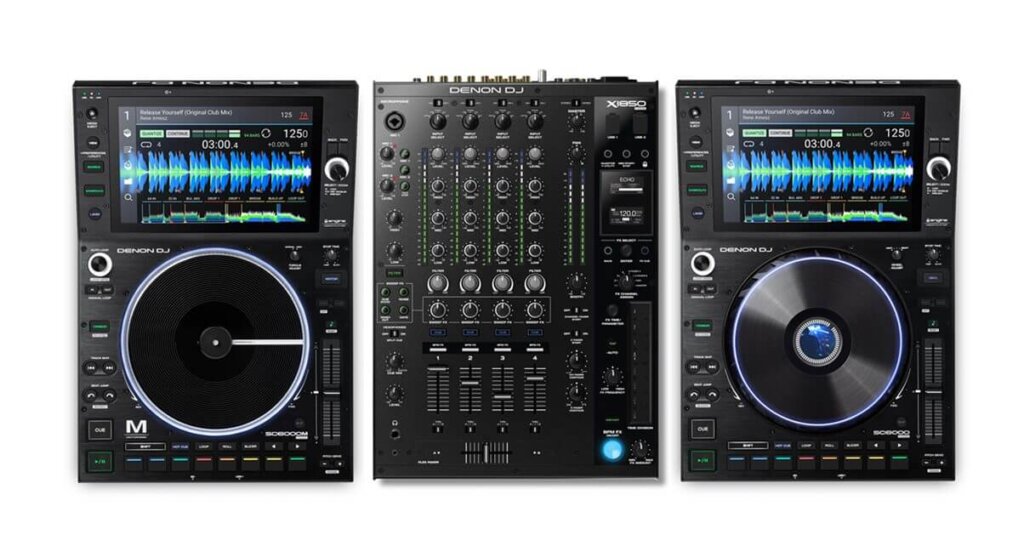Artist Manager Roundtable: The Art of Artist Management
Behind every great artist is a great artist manager. Ask any working artist, and they’ll be quick to point to their manager(s) as the key to many of their successes and the integral driver behind their longevity. The artist-manager relationship is unique, deep, involved, and complicated all at once. It’s the reason why artists and managers are able to connect on so many levels — business, personal, and everything in between — to accomplish the same goals and achieve maximum results together.
An artist manager is involved in every single detail of their artist’s life, from touring schedules and social media calendars down to their favorite brand of socks and underwear — you know, for the show rider. That is all to say that there is an art to artist management and a unique style of management for every type of manager out there. Just like no one artist is the same, no one manager thinks, executes, or creates the same.
This month at Winter Music Conference (WMC), we’re exploring the challenges, the strategies, and the opportunities driving the modern-day artist management industry in our The Art of Artist Management panel. We’ve invited some of today’s top managers in the field to discuss all the ups and downs that come with a career in artist management.
Ahead of WMC, we’ve gathered three of the featured panelists for a roundtable interview to chat about all things in artist management. Read below and learn from some of the best in the game, including: Matt Colon, director of North America at YM&U Music, the largest management company in the world; Olga Heijns, founder of Unmanageable Artists; and Deron Delgado, label manager at Dirtybird Records and managing director at Paradise Distribution.
WMC 2019 Industry and Access badges and registration are now available.

Olga Heijns: Founder of Unmanageable Artists
In your opinion, what makes a good artist manager? What sets apart great managers from average managers?
Olga Heijns: I think some managers can be great for certain artists and pretty average for others. Artist-manager relationships are like any other relationship where it is important to find the right match between what the artist needs and what the manager can provide and to also have similar expectations of where the artist stands and what objectives will ultimately be larger contributing factors to the success of the manager with the artist.
Deron Delgado: A good manager guides a career instead of reacting to one. They need to be good at creating and executing the roadmap that’s going to take the artist beyond their vision, but also understand their artists enough to know what type of opportunities to pursue in order to keep their artistic integrity.
What are some useful skills to have when dealing with managers and various members of an artist’s team
Deron Delgado: Being able to communicate multiple ways with multiple personality types in multiple time zones with a thick set of skin is one of the most important [skills]. Everyone has their own set of goals they are trying to achieve and their own ways of [achieving] those goals, and they’re only looking out for their artist ahead of all else, which is what they’re paid to do. But not everyone can be #1. Being able to balance the natural ego drive of the business with rationale and effective communication to work together to make it a success is key to longevity.
What are some essential resources every artist manager or aspiring manager should follow?
Olga Heijns: Negotiating for Dummies gives some very essential tools and tips: realizing that almost every aspect of any communication with anybody else immediately means you are negotiating; being aware of bringing the right set of information to any conversation; and thinking about the minimum and maximum result.
“Your lane is whatever you define it to be.” —Olga Heijns
Artist managers have a unique bond with their clients/artists that often crosses beyond the boundaries of a professional relationship. How do you balance a professional relationship and a personal bond with your client without putting a strain on your business connection and your friendship?
Matt Colon: It’s nearly impossible to manage an artist and not get attached to them personally. Every relationship that an artist will have, whether it’s their record label, publicist, attorney—generally, the manager is the closest because you know the most about them. You know whether or not they’re going to be able to pay their rent next month, you know what their payments are for their car, you know where the bodies are buried. You know everything there is to know about them — good and bad. I think what’s important, though, is to be able to separate your professional advice from your personal advice, and then make sure that the artist knows which hat you’re wearing… They need to know where your advice is coming from.

Matt Colon: Director, North America of YM&U Music
An artist manager is in the unique position of balancing creative thinking with business acumen. With so much to do and so little time in the day, how do you find or make time to think creatively and focus on creativity?
Matt Colon: That is the million-dollar question. Somewhere I read a great quote that said, “Your email inbox is a to-do list created by others.” But carving out time when you’re not answering email, when you’re not on a phone call, but actually in creative time—I literally took a page out of the Trump playbook and I started putting “executive time” into my schedule. You’re literally blocking out an hour or two a day when nothing could get booked, and I can use that time as I please, whether it’s checking my email or setting a meeting I wouldn’t otherwise have made or making a phone call I’ve been putting off or reading a contract or brainstorming.
The only way to really do it is to carve out time for it and do it purposely. I think most people left to their own devices essentially work off of to-do lists, however that to-do list is, whether you create it the night before, whether you’re going off your emails, whether you got something written down on a notepad next to your desk. It’s real easy to finish up to-do lists and feel like you finished your work for the day. But really, the most important work is stuff that doesn’t generally go on to-do lists. It’s stuff that is creative and non-tangible and generally comes up when you’re least thinking about it. Finding time for creativity is the only solution I’ve been able to find.
“A good manager guides a career instead of reacting to one. They need to be good at creating and executing the roadmap that’s going to take the artist beyond their vision.” —Deron Delgado
Here’s a scenario: I love electronic music, but with so much genre cross-pollination in music these days, I’d like to work with artists from other music scenes and genres. Is that a smart move? Or should I stay in my lane?
Olga Heijns: Working with clients and music you are passionate about should, in my opinion, be the key driving force. Knowing that you can contribute to the growth and development of that artist in a sufficient manner should be a prerequisite. Your lane is whatever you define it to be. Many mainstream pop artists actually have electronic dance roots, and hip-hop takes place in exactly the same place as electronic music — the clubs.
What are some signs to look for if you feel the relationship with your artist/client is no longer working and needs to come to an end? How do you handle that difficult situation?
Olga Heijns: When [the job] no longer gives you joy and it becomes a paycheck is the signal that it’s time to move on. It’s like any breakup: It will be unnerving for all concerned, but when handled with respect, it usually works out in a better situation for everyone.
On the record label side of things, what catches your ear when a new or unsigned artist submits their demos? What can unsigned/new artists do to help break through the noise?
Deron Delgado: Making sure it sounds good quality-wise I think is #1. I hear a lot of potentially good records, but they’re EQed or mixed poorly, and you can tell instantly the difference when you’re listening through lists of demos one by one. Also, don’t send a label 20 tracks at once. Pick your top ones you think best fit the label and personally send them a short message if there isn’t an official demo form with an easy way to listen. Some [labels] prefer streams, some prefer downloads. I recommend private links, which allow both.
“The only way to really learn the business is by doing.” —Matt Colon
What are some ways that record labels and managers can work together to ensure a successful product launch?
Deron Delgado: Most importantly, the managers play the communication middleman between the artist and label. This is helpful since the labels know they have a manager that is keeping their artist on schedule, executing promo and marketing campaigns, making sure the right assets and info are in line to get the most out of the launch. From an artist’s perspective, having a manager that’s negotiating on their behalf, pushing their artist as a priority, and making sure the label is fulfilling their responsibilities to promote the release and being accountable allows them to focus more on the creative side without the distractions of the business side.

Deron Delgado: Label Manager of Dirtybird Records and Managing Director of Paradise Distribution
Is your relationship with a manager and/or the management team or the artist themselves integral to the success of a release?
Deron Delgado: I don’t think it’s necessarily the direct personal relationship that makes the difference. I’ve worked with artists and managers that I’ve been very close with and the records bombed, and [I’ve had] others I’ve never worked with before where the first release has been a huge success.
What I think is most important is that the teams understand and respect each other’s roles and strengths and can communicate effectively, as well as set realistic expectations for the project so that you’re not setting up for failure or disappointing the artist.
Based on your experience, what are some the benefits of being an independent manager and the benefits of working in a larger management company/agency?
Matt Colon: I personally like to start on your own. I think it’s important to have a DIY, independent spirit and to learn what it’s like to run your own business. The ups and downs, the responsibility of paying other people and training them, and running a business, there’s a lot of value in that. At some point though, it’s extremely difficult to compete at the top level when it comes to infrastructure and resources. You have to be honest with yourself and make a decision: Am I doing what’s right for me or am I doing what’s right for my client? And would my client be better served if I were part of a larger organization that could offer more services, more access, more whatever it is that your artist needs. If you, in your heart of hearts, think that you have all the access, resources, time in the day, [and] bandwidth to do everything that needs to be done for your artists, then sure, you don’t need to join another company. But that’s very, very, very rare.
Generally, there’s more that can be done for your artists, and there’s only so much time in the day for you to run the business and to manage an artist. What we found was partnering up and finding a partner that can provide what’s missing in your management proposition makes all the difference in the world. At the end of the day, your artists will be thankful for it. But the bottom line is, you have to do what’s best for your artist.
What’s the best way for aspiring managers to break into the industry these days?
Matt Colon: As much as I would love to say the best way is to go work at a management company and learn the trade, that is sort of the standard way. The best way is to find an artist you believe in and just start being a manager. The only way to really learn the business is by doing. The most important thing if you’re not going to work at a management company and you’re just going to do it on your own [is to] make friends with managers and pick their brain for information as much as possible. It’s a learning process, and there’s nothing worse than making mistakes when handling someone else’s career. The best people are well aware of what they don’t know and they ask questions. That’s the only way to learn. You learn by doing, but you’re gonna make mistakes, so why not learn by doing while asking questions?







